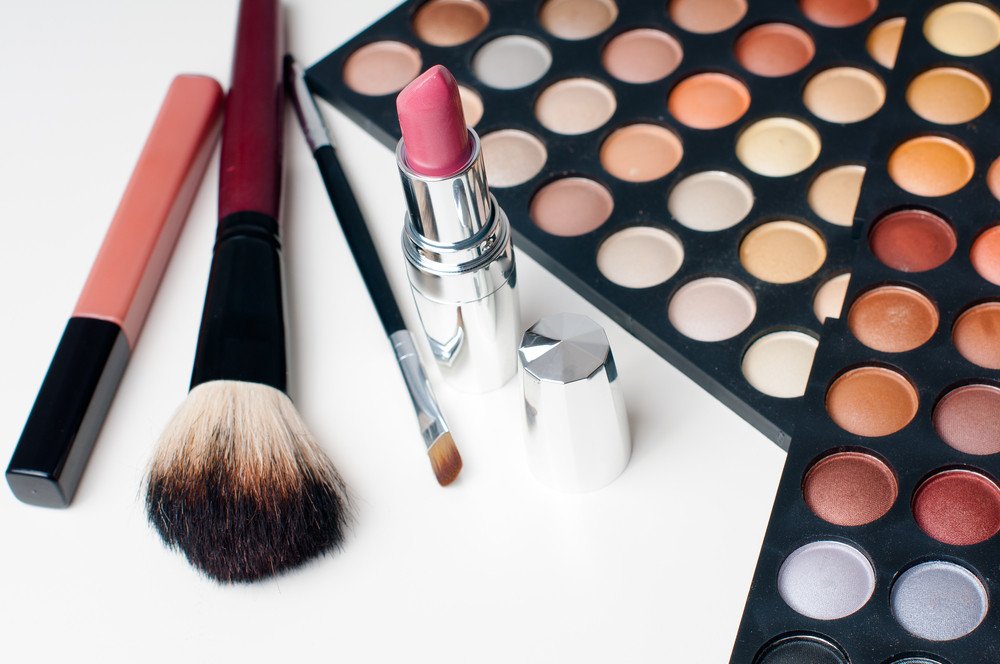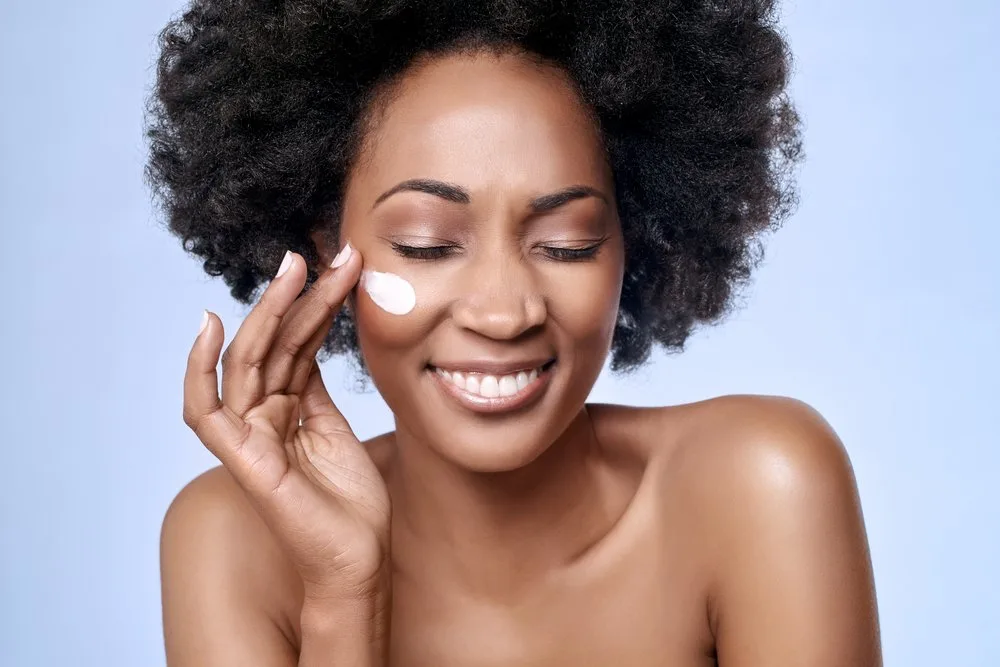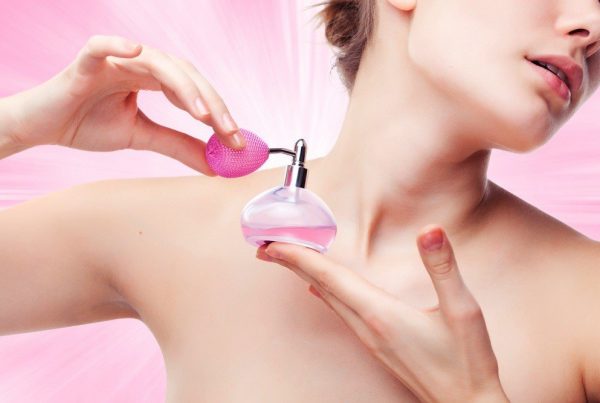Your skin plays an important role in your health, and your beauty. Almost any particles that have direct contact with it can be absorbed through the dermal layers and move into the bloodstream. And we’re exposed to hazardous chemicals daily – whether it’s through air pollution, the food and water we ingest, or the cosmetics we use.
What are the risks?
Some of the main health risks associated with high exposure to common hazardous chemicals and toxins include:
- Skin sensitivities, intolerances and allergies;
- Malignant cell formation;
- Endocrine and hormonal disruption;
- Reproductive, immune and nervous system toxicity; and
- Neurological damage.
Why are these chemicals use in beauty products?
In cosmetics, synthetic ingredients and chemicals are used to extend the shelf life of a product and preserve its integrity in a cost-effective way. Senator Edward Kennedy once said: “The cosmetics industry has borrowed a page from the playbook of the tobacco industry, by putting profit ahead of public health.”
What ingredients should you avoid?
CEO of Tocara Skin & Body Science, Caro Copeland, shares her list of ingredients you should avoid:
- Petrochemicals (including ethylene, propylene, benzene, toluene and xylene isomers) are known to clog skin pores, trapping toxins and slowing skin cell growth. They can also absorb oil-soluble vitamins A, D, E and K from your body and excrete them.
- Parabens are synthetic preservatives that, in high doses, have been associated with endocrine- and hormone-balance disruption and oestrogen mimicking. They also have carcinogenic properties.
- Propylene glycol and ethylene glycol are put into cosmetics to increase absorption. They contain a compound called dioxane, which can lead to dermatitis, kidney or liver abnormalities and stunted skin cell regrowth. They are also known carcinogens.
Keeping a realistic view.
International health standards do allow for a certain percentage of chemical ingredients to be used in cosmetics, if the quantity used isn’t directly harmful. In fact, most reputable international cosmetic products are not entirely free of synthetic preservatives. “Many reputable brands, especially well-researched cosmeceuticals, are very aware of what they put into their products to ensure they are compatible with your skin. They take the synergy between products and active ingredients with the skin very seriously, and are in fact excellent,” says Dr Fred van der Riet, a GP with a special interest in aesthetic, anti-aging and cosmetic medicine at the Renewal Institute. In order to keep your beauty regime safe and healthy, here are the three things you need to take into account:
- Every country has different health regulations. The European Union has banned 1 328 chemicals from cosmetics that are known or suspected to cause cancer, genetic mutation, reproductive harm or birth defects. The US FDA has banned, or possibly only restricted, only 11.
- Know where your products come from. It’s important to decide where you want to limit your exposure to toxins. Although exposing yourself to low doses of chemicals from reputable cosmetic products may not be directly harmful, we are exposed to countless toxins every day due to a variety of factors. This can have an increasingly dangerous cumulative effect on our body.
- It’s important to monitor your body’s overall detoxification function before choosing a product. With age, the body’s ability to detoxify tends to weaken.
What is a natural beauty product?
Almost all ingredients used in cosmetic and skincare products are originally found in nature. The difference between naturally sourced and synthetic ingredients comes down to how many chemical processes the ingredient has gone through. According to Leung’s Encyclopedia of Common Natural Ingredients Used in Food, Drugs and Cosmetics, a natural product is defined as something that has been derived from plant, animal or microbial sources, primarily through physical processing.
This processing can also be facilitated by simple chemical reactions, as well as microbial fermentation – as long as the chemical structure of the natural product remains the same. “If a natural product goes through 30 chemical processes, its molecular composition will have altered. In order to be certified as natural, a product has to go through as few chemical processes as possible, so that its original molecular composition doesn’t alter,” adds Copeland.
Using natural product ranges can boost your overall wellbeing, both by minimizing the unnecessary intake of hazardous chemicals and allowing your body functions to strengthen naturally, without artificial aids. But not all natural products are created equal. “Just because it says ‘natural’ on the label doesn’t mean that it is well researched and well formulated. Natural acids, oils and products should also be formulated carefully, as they can be damaging to the skin if the intensities are too high,” says Van der Riet. If you want to follow a natural daily beauty routine, here are the five steps recommended by Trevor Steyn, founder of Esse Skincare:
- Avoid sulphate-based foaming agents such as sodium laureth sulphate.
- Beware of products listing “parfum” or “fragrance” as ingredients. This usually means they contain a variety of toxic ingredients, particularly phthalates.
- Buy certified organic products when you can. If it’s not certified, it’s not organic.
- Keep your toxicity levels under control by avoiding processed foods.
- If you’re concerned about an ingredient that you haven’t heard of before, Google it before you use it.
Getting reliable information:
Here are our top three recommended websites. Visit them to learn more about the safety of your personal-care products:
A good cosmetic or beauty product range should do more than make you look good. It should protect your skin and give it the building blocks it needs to renew and repair in a healthy and natural way, without causing harm to your body.
Want to know more? Click here to read more – 7 key anti-aging ingredients for your skin and hair!



![women [longevity live]](https://longevitylive.com/wp-content/uploads/2020/01/photo-of-women-walking-down-the-street-1116984-100x100.jpg)










